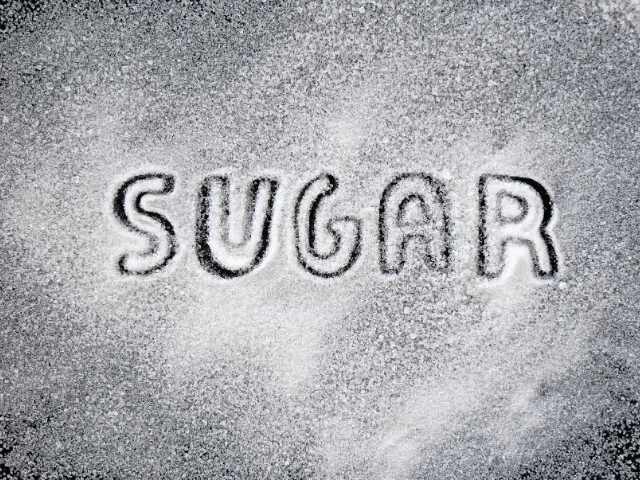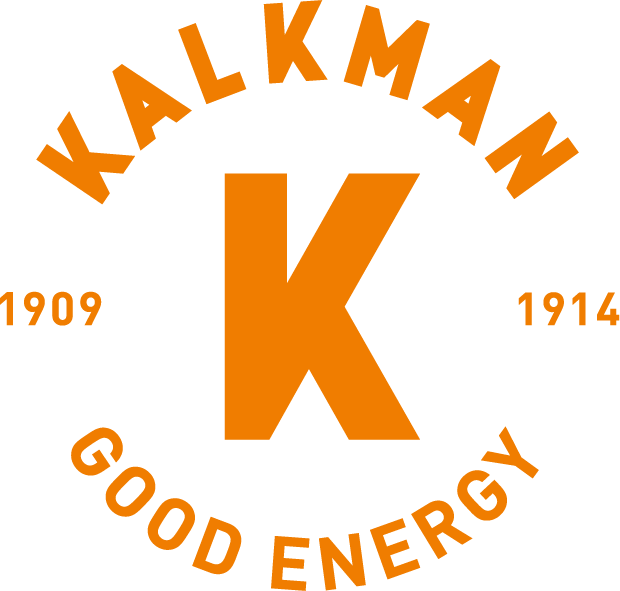
🍯 Sugar in sports nutrition: how much is still true?
Sugar. For some a no-go, for others pure fuel. The truth? It lies somewhere in the middle. As an athlete you need sugar. Period. Only: not all sugar is the same. And not every moment is suitable.
In this blog we make one thing clear: sugar is not the enemy. Provided you know what you eat, why, and what it does to you along the way.
🧠 Why Sugar (Still) Works
During exercise, sugar is one of the few nutrients that your body converts directly into usable energy. That's not hype, that's physiology.
As soon as you start moving, your body relies on glycogen – stored carbohydrates in your muscles and liver. After about 60-90 minutes, that supply is depleted unless you refuel along the way. And refueling? The best way to do that is with fast, easily absorbed sugars.
Glucose and fructose are the most powerful duo in this. They are absorbed through different channels in your intestines, allowing you to absorb more energy at once without overloading your stomach.
🍇 But not all sugars are created equal
So the problem is not with sugar itself – but with the form in which you ingest it.
Many sports foods contain processed sources such as maltodextrin, glucose-fructose syrup or synthetic sweeteners. They provide energy, but also cause complaints: a quick peak, a hard crash, stomach pain or simply unrest in your body.
That's why we choose something different: natural sources of sugar, such as dates, raisins and maple syrup. Because they bring more than just sugar. They contain:
✅ Fibers, which ensure a slower, gradual absorption of sugars
✅ Healthy fats, which slow down the energy flow and make it more stable
✅ Vitamins and minerals such as magnesium, potassium, iron, zinc and B vitamins
✅ Bioactive substances that have an anti-inflammatory effect or improve absorption
In other words: they not only provide energy, but also support your recovery function, fluid balance and intestinal function. Your body recognizes these ingredients. And you feel it.
🚫 Why we don't use maltodextrin
Maltodextrin is a processed carbohydrate that is cheap, tasteless and soluble. Great for industry — less so for your body.
It is absorbed very quickly and causes a glucose peak. That seems convenient, but your body responds with an insulin shock. Result? A quick dip, and often a rushed or bloated feeling. Especially during endurance sports, that is anything but desirable.
We believe that energy on the road should not arrive as an explosion — but as a natural flow.
🧃 What does this mean in concrete terms?
At Kalkman we make sports nutrition with ingredients you would eat at home. No flavorings, no ultra processed sugars, no ingredients you have to look up.
Our Energy Bites combine natural sugars with a small amount of fats, fibres and minerals. This not only gives you immediate energy, but also supports your digestion, fluid regulation and overall performance.
Whether you're riding a Gran Fondo, running a long trail, or taking a brisk walk — this form of sugar feels better. Because it's in tune with what your body knows.
✅ In summary:
- Sugar Isn't Bad – But Form, Timing, and Amount Are Everything
- Natural sources like dates, raisins and maple syrup contain more than just sugar
- Fiber and fats slow down absorption, preventing peaks and crashes
- Processed sugars (such as maltodextrin) provide energy, but also have side effects
- Your body deserves nutrition that supports it instead of overwhelming it
👉 Want to know more? Also read: Why we don't use maltodextrin
👉 Try our Energy Bites or Energy Shots
